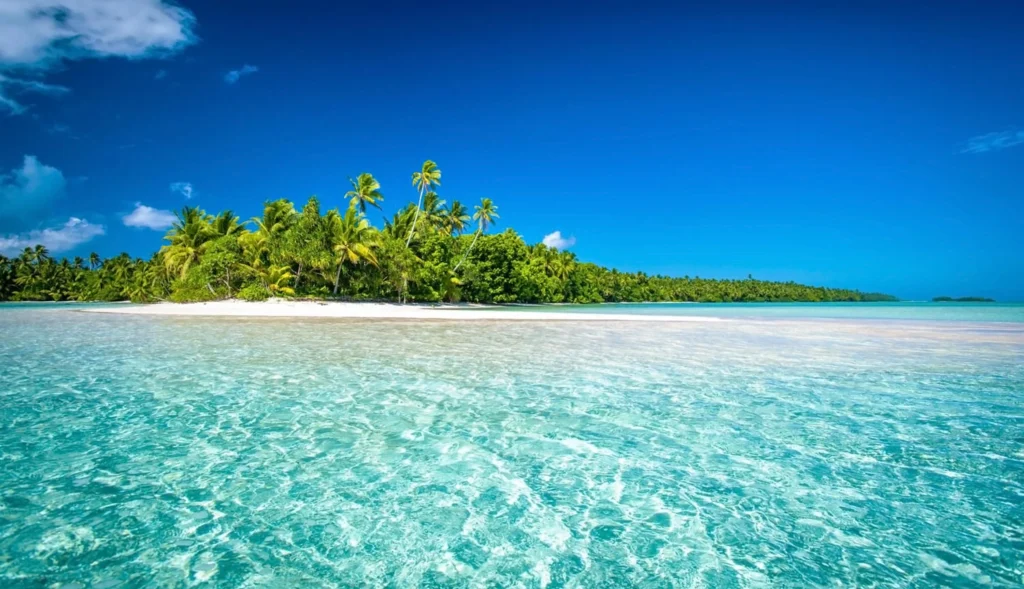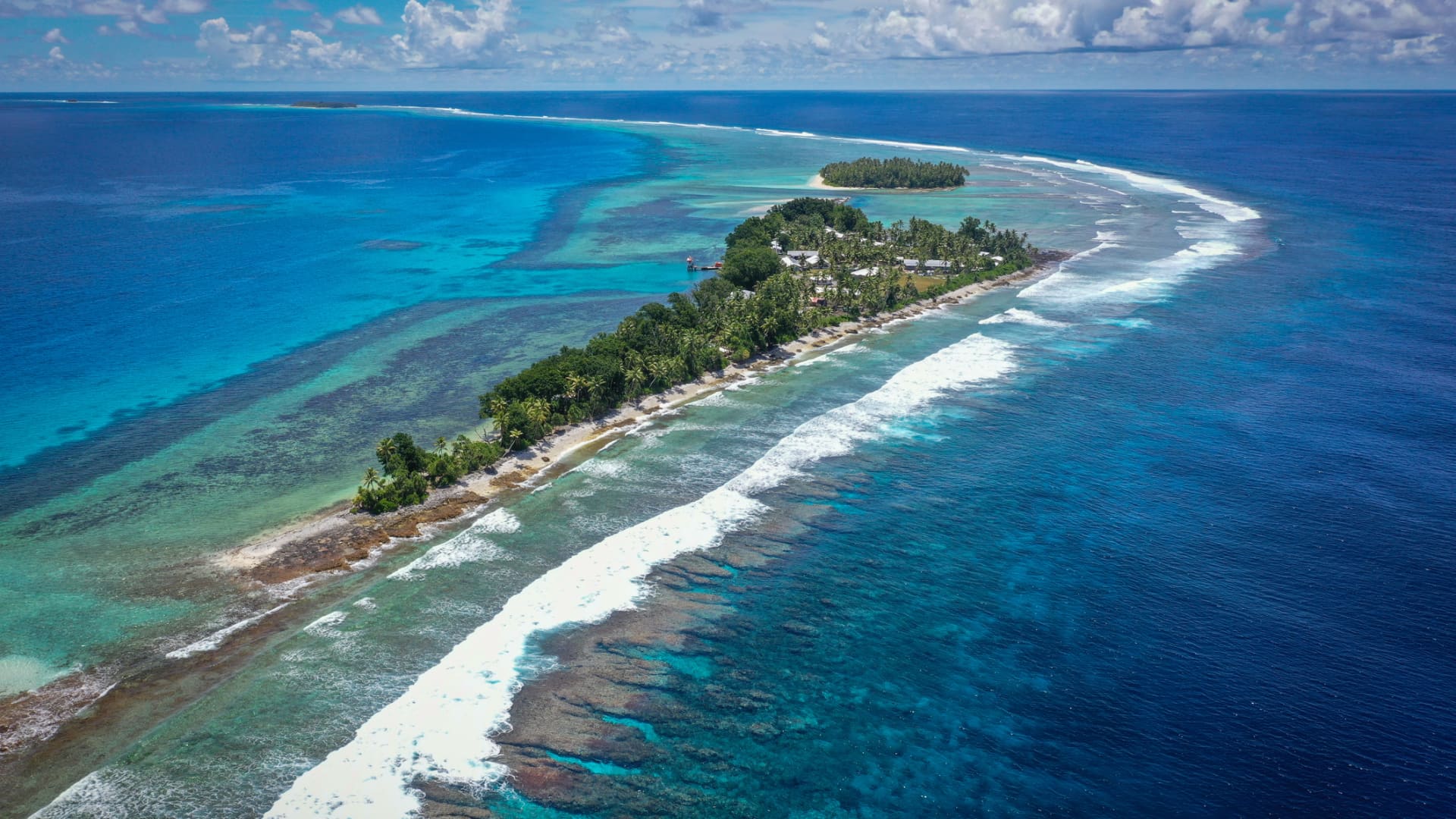
As the ocean rises, Tuvalu sinks, not just a nation, but a heritage, a people, a future disappearing beneath the waves.

“If we are to disappear, let us at least leave behind a trace of who we were.” – Simon Kofe, Former Foreign Minister of Tuvalu
Imagine a country vanishing, not because of war or economic collapse, but because the sea swallowed it whole. Now, imagine that same country continuing to exist, on the internet.
Welcome to Tuvalu 2.0, the world’s first attempt to digitally clone a nation in response to climate change.
A Nation on the Brink
Tuvalu is a tiny island nation in the South Pacific, home to just over 11,000 people. It’s also one of the most climate-vulnerable countries on Earth. With sea levels rising faster than ever, scientists estimate that much of this Island nation could become uninhabitable within the next 20 to 30 years. Flooded farmlands, contaminated freshwater, and disappearing shorelines are already a grim reality for many families. Faced with the possibility of physical erasure, however, Tuvalu has chosen a radically innovative path, not to give up, but to go digital.

The Birth of Tuvalu 2.0
Tuvalu’s government announced an unprecedented initiative, to digitally recreate the nation in the metaverse.
With high-resolution 3D mapping, artificial intelligence, and blockchain, the government is:
- Archiving every island and cultural landmark
- Uploading native songs, rituals, and oral histories
- Creating virtual spaces for governance, education, and public services
- Establishing a digital constitution to function as a legal framework
In essence, this maritime nation aims to survive as a sovereign digital nation, even if its physical land is lost.
“We are not just a disappearing country. We are a resilient nation adapting to a changing planet,” said a recent official statement from the Tuvalu Ministry of Justice.
But What About the People of Tuvalu?
This is where the story turns painful. While this Island nation identity may be preserved online, its people will still need a physical place to live.
The government is actively negotiating migration pacts with countries like:
- Australia
- New Zealand
- Fiji
Some Tuvaluans have already relocated through special visa schemes, but there’s no international law protecting “climate refugees” yet. This legal gap leaves many vulnerable to becoming stateless.
Tuvalu’s leaders hope the digital clone will help displaced citizens maintain:
- A sense of national belonging
- Continued citizenship and voting rights
- Access to government services online
- A way to pass down culture and history to future generations

Why This Matters for the World?
Tuvalu is the canary in the coal mine, a warning signal of what awaits other nations, especially low-lying island states and coastal regions.
If this seafaring nation succeeds in its transition, it could set a template for digital nationhood. But if it fails, it could become the first truly “lost” country of the climate era. What Tuvalu is experiencing today may be our concern tomorrow.
Indeed, its high time for us to:
- Prepare for internal climate migration
- Invest in e-governance and digital infrastructure for disaster management
- Push for climate refugee rights at international forums
- Promote climate justice and reparations from historical polluters
Tuvalu may be vanishing from the world map, but its fight is far from over. In fact, its bold digital experiment may redefine what it means to be a nation in the 21st century. As the world watches, one thing is clear,
Tuvalu is not surrendering to the tides, it’s rising above them, byte by byte.
For more such informative articles stay tuned at The World Times



